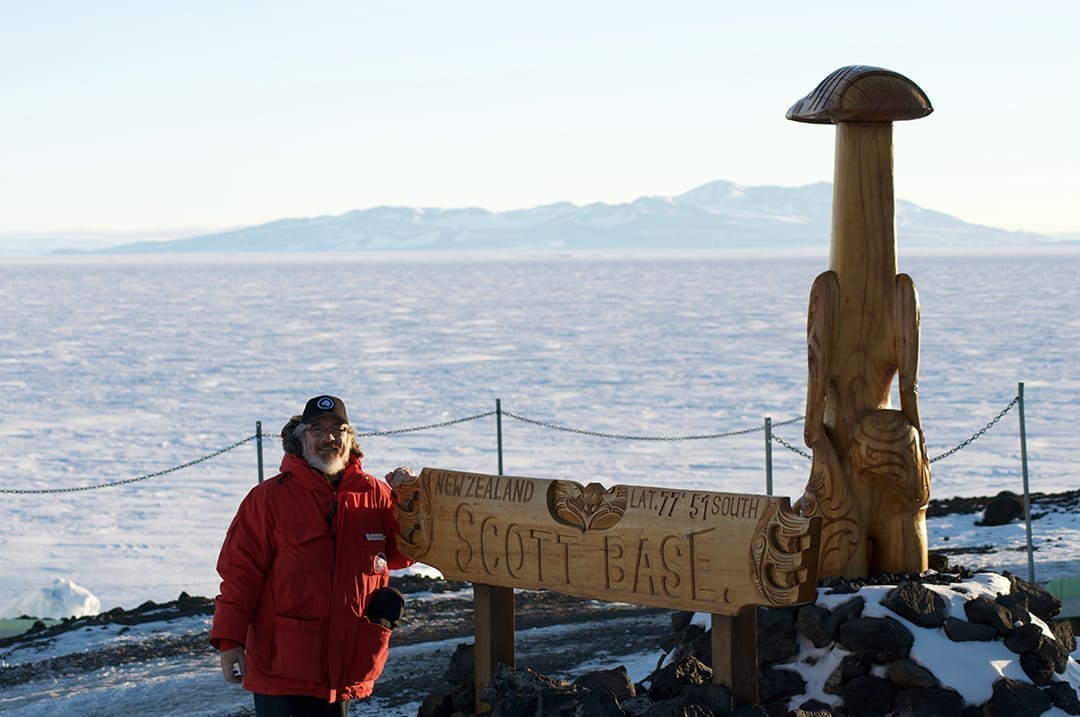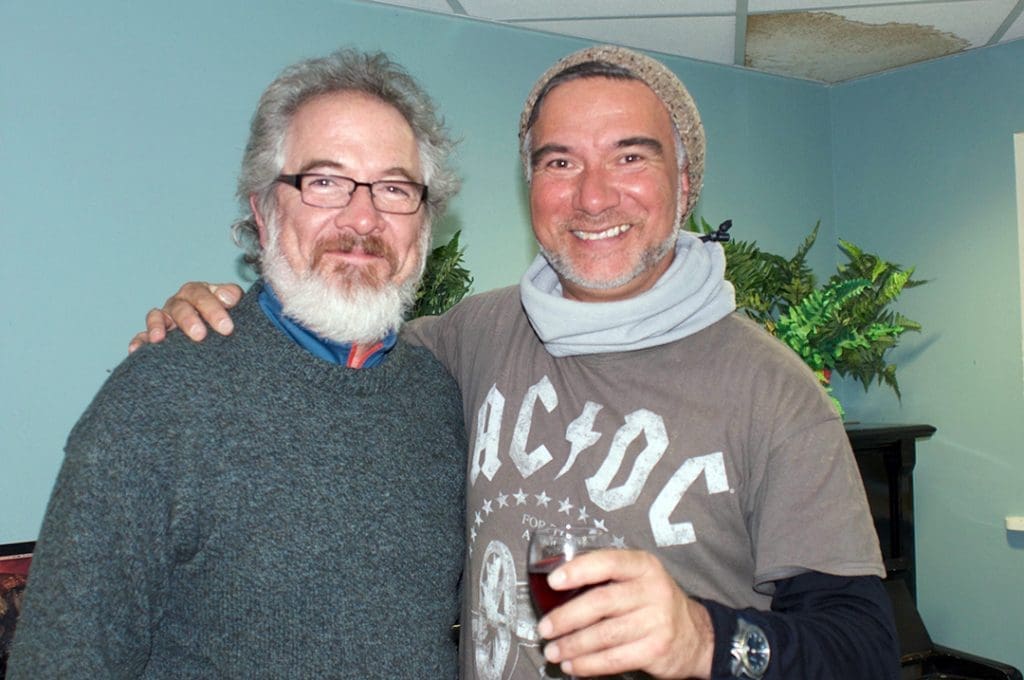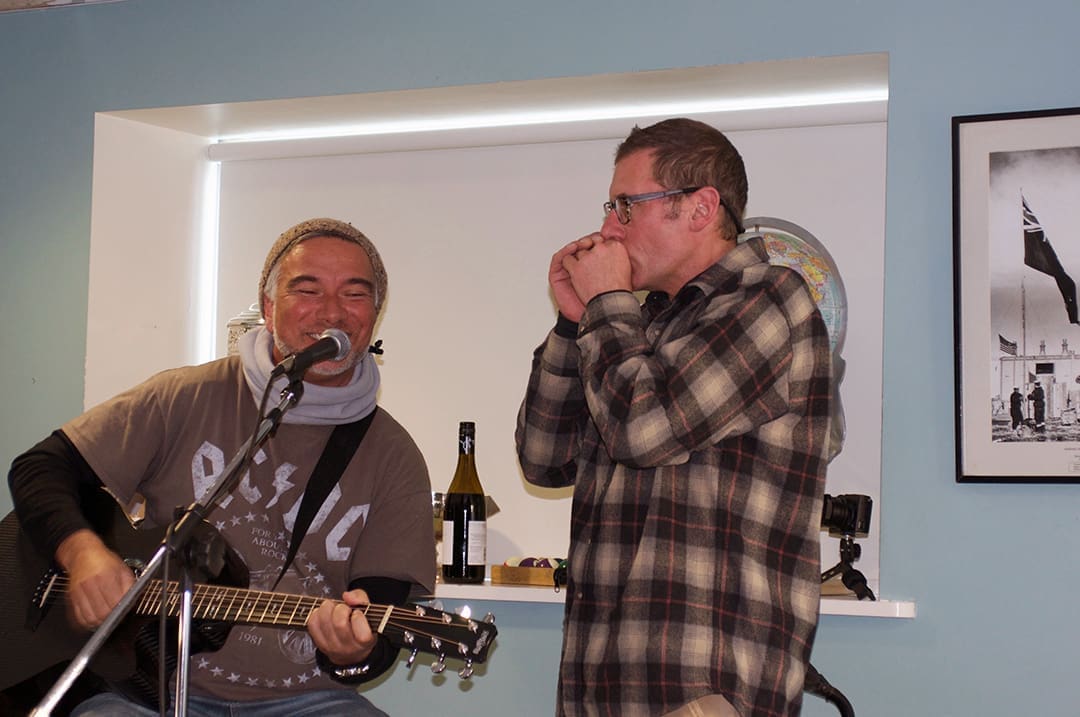A Continent for All Nations
Oct 29, 2016
Big news yesterday! Cheers erupted after news broke that the Commission for the Conservation of Antarctic Marine Living Resources has designated 600,000 square miles of the Southern Ocean as the “Ross Sea Marine Protected Area.” It is the largest marine protected area on the planet. This victory has been many years in the making after tireless work of scientists, policy makers, and international leaders. My colleagues here told me that the Ross Sea is the last, unpolluted aquatic environment in the world. This designation will help ensure it stays that way. For more information, check out the BBC article here…
http://www.bbc.com/news/science-environment-37789594
This is yet another example of how Antarctica does international cooperation better than any place else. During the years of Heroic Exploration (1890’s through 1917) major European and North America powers funded expeditions for commercial purposes and for national glory. Shackleton’s journey marked the end of this era. While England permitted him to sail during the World War 1, most other nations focused their attention on war for another three decades. The Antarctic Treaty of 1959 was born out of the mutual distrust of the Cold War. The Russians and the Americans prevented each other from establishing strategic control of the continent by prohibiting weaponization (including nuclear weapons) and any other territorial claim.
With the absence of global conflicts, many countries transformed that distrust into cooperation by refocusing their efforts on science and environmental preservation. The teamwork that I have seen within the McMurdo community is a microcosm of the what has developed between nations. The United States, New Zealand, Italy, and Korea have scientific stations in the Ross Sea region. They have a joint logistics agreement that manages the sharing of services for everyone’s benefit. For example, I flew on a New Zealand Royal Airforce plane from ChristChurch, NZ (with a large group of Italian scientists on board) and landed at Pegasus Airfield. This ice runway is managed by the Americans and is the main airfield for this part of the continent. It also serves as the staging area for flights to the South Pole. Equipment, fuel, transportation, communications, rescue services and more are shared by these four countries.


Last night, I traveled to Scott Base for a concert. This is New Zealand’s science station. While McMurdo provides hospitality for up to 1000 souls, Scott Base maxes out at about 85. Like NSF, their science program has a parallel Artists and Writers Fellowship. I met my Kiwi peer, Warren Maxwell, a respected musician and professor from New Zealand. We struck up an immediate friendship, sharing our project ideas and our experience as artists on the ice. I look forward to extending the tradition of international cooperation to the music world, as Warren and I continue our conversation about joint projects in the future.

